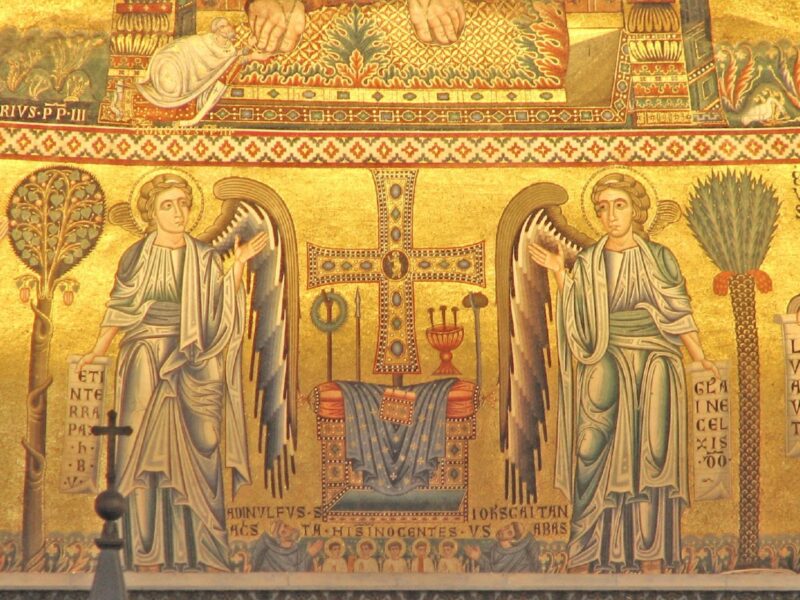
Perfect Gratitude
Twenty-Eighth Sunday of the Year. Fr Dominic Ryan asks us to consider what stage we have reached on the road to heaven.
One of the tasks of the Dominican Studium in Oxford is to prepare friars for priestly ordination. In pursuit of this goal, it arranges courses of study, examines candidates for ordination and makes recommendations about their suitability to the Prior Provincial. In that context, one would expect friars going through this process to pay attention to what those who administer it say about it.
Consequently, it’s not all that surprising that when I was a friar in studies and I overheard a distinguished Dominican commenting that any Dominican applying for faculties to hear confession ought to understand the distinction between perfect and imperfect acts of contrition, I would take note of this and thus be prepared for it when my examination came along.
The distinction in question depends on what role the consequences of sin have in bringing about sorrow for our sins. Are we sorry for our sins because we fear the possible consequences of those sins? Alternatively, are we sorry for our sins because of our love of God? In the former case, the consequences of sin are the cause of our sorrow, in the latter case they are not. Admittedly, it’s perfectly sensible to be concerned about what the consequences of our sins might be. Nevertheless, it also seems clear that the person who feels sorrow for their sin, independently of their consequences, has taken a step further along the path of discipleship than the person who does not.
Now we can extend the distinction beyond its application to sin and focus instead on the role consequence plays in our relationship with God generally. Take the lepers of today’s Gospel as an example. Lepers had a tough time of it in the Israel of Jesus’s day. It wasn’t just the effects of the disease that made things difficult for the leper – it was also the fact that the leper could infect other people. Consequently, the society of Jesus’s day excluded lepers, it forced them to live separately and it would not allow them to be readmitted to society until their healing had been confirmed.
When Jesus healed the lepers and told them to go and show themselves to a priest then, he was encouraging the lepers to get the healing confirmed so that they could re-enter society. But if re-entering society depended upon confirmation of the healing and there would be nothing to confirm without the healing, then being able to re-enter society was a consequence of the healing. In that case then, when one leper returned to Jesus to give thanks for the healing without having had it confirmed, that leper was less concerned with the consequences of his healing than the others. That leper couldn’t enjoy the full consequences of his healing without obtaining confirmation of it, and so by not seeking confirmation of it that leper was focused on something else: the desire to praise Christ.
Of course, this Gospel would be much less interesting if it was only applicable to the lepers of Jesus’s time. It isn’t however, it applies to us as well. After all, by any measure, we’ve done pretty well when it comes to God sharing his gifts with us. Our guilt on account of original sin has been removed, our natures have been elevated through grace and our goal is the vision of God. Consequently, we face the same choice the lepers did. Do we thank God for the gifts we have received because of their consequences or independently of their consequences?
Now whichever way we go, it isn’t to say that we are bad people, any more than the lepers who went to the priest were bad people, or indeed those people whose sorrow for their sin is dependent on the consequences of those sins are bad people either. Rather the point to keep in mind is threefold. Firstly, we should recognise that there are stages through which we pass as we follow the path of discipleship that Christ lays out for us. Secondly, one of those stages is coming to appreciate what God has done for us independently of whatever consequences it might have for us. Finally, thirdly, whatever stage we are at on this path of discipleship, none of us should be content to remain at that point this side of heaven.


